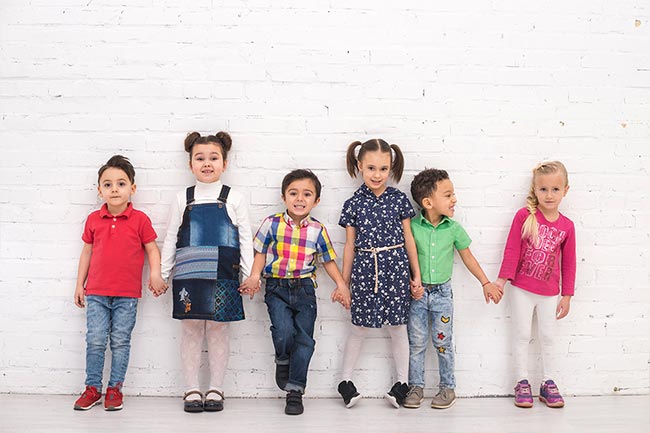Key Life Skills Children Should Have Before Age 7: The Foundation for Future Success
June 18, 2025
Raising children in today's era is not just about providing love, warmth and education, but also about instilling important life skills to prepare them for the future. These skills will provide a strong foundation for developing their personality, interpersonal relationships and success in life.
8 Basic Manners Necessary for Children
- Listening without interrupting
Listening is the most important art in communication. When children learn to listen attentively to others and wait for the right moment to speak, they gain the respect of those around them and build good relationships. Practicing this skill helps children understand the feelings of others and develop empathy.
- A sincere apology:
Apologizing is not just about saying “I’m sorry,” but about taking responsibility for your actions. Children who learn to sincerely apologize grow up to be fair-minded adults who understand their mistakes and are ready to improve.
- Learning to share Sharing
is the heart of social coexistence, whether it's sharing toys, books, or even precious time. Children who learn to share have broader minds, understand the value of giving, and are able to form lasting friendships.
- Respecting Personal Space
In an age where information and privacy are more important than ever, it’s essential to teach children about personal boundaries. They need to learn to ask permission before touching others, understand what consent means, and respect privacy.
- Table Manners Meals
are a time when families come together. Practicing good table manners while eating, such as using forks and spoons correctly, not talking with food in your mouth, and waiting for everyone to eat first, can help create a warm atmosphere and show respect for others.
- Saying words like “please” and “thank you”
are like keys that open the door of other people’s hearts. Using words like “please” and “kindness” consistently will make children more loved and accepted by those around them. It also shows morality and gratitude.
- Greeting others appropriately,
saying “hello” and making eye contact, is an important social skill. Children who learn to greet others appropriately gain self-confidence, make a good first impression, and develop effective communication skills.
Rational Thinking Skills: The Foundation of Success
In addition to basic manners, developing logical thinking skills is equally important. In a world full of information and rapid change, children who are able to think analytically, solve problems, and make rational decisions will have an advantage in learning and adapting.
Practicing logical thinking skills does not mean teaching complex content, but rather building critical thinking through everyday activities such as asking “why” and “how” questions, having children explain the reasons for their actions, and encouraging them to think of solutions to their own problems.
Cultivating skills in daily lif
Teaching these skills doesn't have to be a formal lesson, but can be done through everyday activities. Parents and guardians can be good role models, provide positive reinforcement, and create an environment conducive to learning.
Praising children when they exhibit good behavior, explaining the reasoning behind rules, and giving children opportunities to practice these skills in real-world situations will help them understand and apply them effectively.
Conclusion
These important life skills are the tools that will help children navigate life with confidence and success. Investing time and effort in developing these skills at an early age will have a long-term impact on a child’s development in academics, careers, and interpersonal relationships.
Remember, learning is a continuous process, and every child develops at a different pace. Consistent patience, understanding, and encouragement are key to helping children grow into successful, productive adults.
